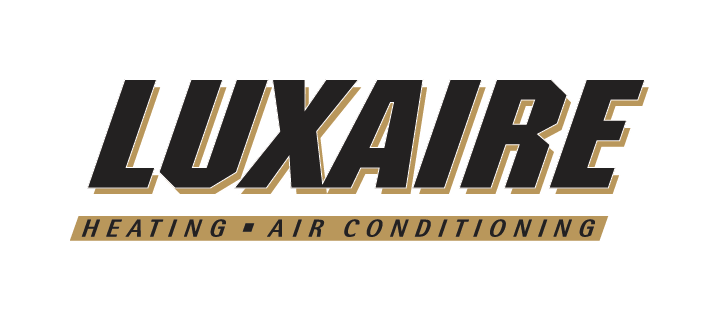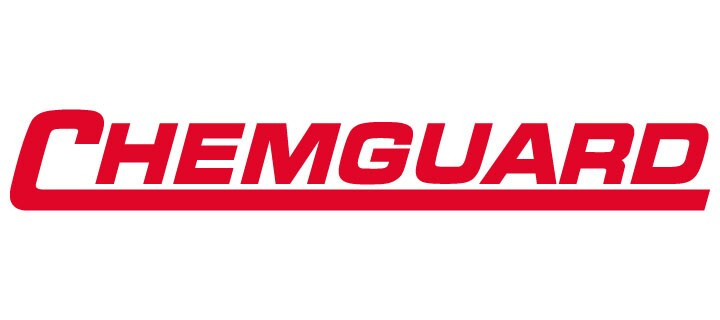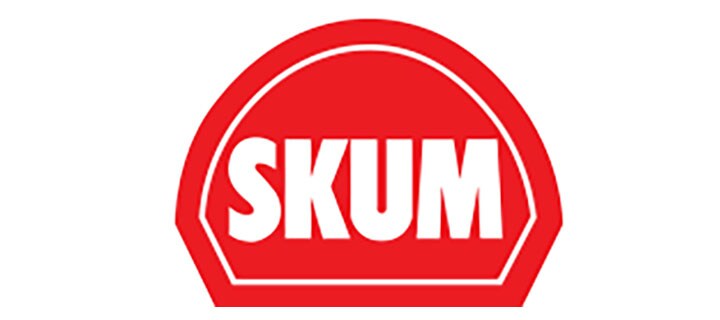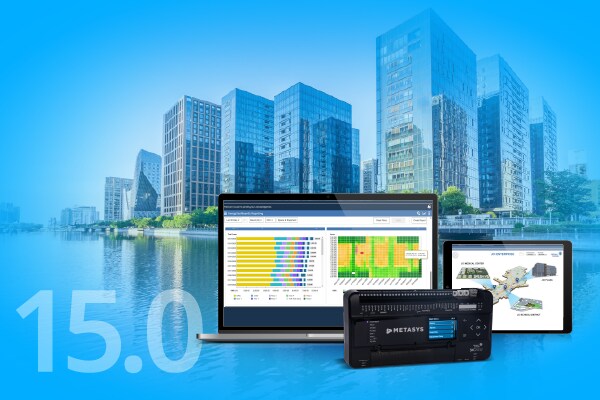Commercial Heating Solutions: Heat Pumps Versus Heat Recovery Systems
In today’s commercial property landscape, energy efficiency and sustainability are more important than ever. Businesses are under increasing pressure to reduce running costs, cut carbon emissions, and future-proof their operations. Two leading technologies helping organisations achieve this are heat pumps and heat recovery systems. While both enhance efficiency, they do so in different ways.
What are Heat Pumps?
Heat pumps are a highly versatile technology that can provide both heating and cooling in commercial environments. By extracting heat from the air, ground, or water, they deliver efficient climate control all year round.
Types of Heat Pump
- Air Source Heat Pumps (ASHP): Extract heat from the outside air to warm buildings. Learn more about ASHP here.
- Water Source Heat Pumps (WSHP): Use heat from a water source such as a river or lake.
- Ground Source Heat Pumps (GSHP): Harness stable underground temperatures for efficient heating.
Benefits of Heat Pumps
- High efficiency – typically achieving a Coefficient of Performance (COP) of 3 to 4, producing up to four units of heat for every unit of electricity used.
- Versatility – deliver both heating and cooling from a single system.
- Lower carbon footprint – especially when powered by renewable electricity.
What are Heat Recovery Systems?
Heat recovery systems focus on capturing and reusing waste heat that would otherwise be lost from processes such as ventilation, data centres, or industrial operations. By recycling this energy through heat recovery systems, businesses can dramatically reduce energy consumption.
Applications of Heat Recovery:
- Commercial kitchens
- Data centres
- Manufacturing facilities
- Large-scale HVAC systems
Benefits of Heat Recovery Systems:
- Energy savings – recycle waste heat to reduce overall demand.
- Rapid return on investment – especially in heat-intensive environments.
- Reduced environmental impact – cut energy use and lower emissions.
Heat Pumps vs Heat Recovery – Key Differences
- Source of heat: Heat pumps extract from air, ground, or water, while heat recovery systems reclaim waste heat from internal processes.
- Versatility: Heat pumps can provide both heating and cooling. Heat recovery is more specialised, targeting energy reuse.
- Investment & payback: Heat pumps typically require higher upfront costs but offer long-term savings. Heat recovery can deliver faster returns where waste heat is abundant.
- Sustainability impact: Both reduce emissions. Heat pumps depend on electricity sources, while heat recovery directly cuts energy demand.
Which Is Right for Your Business?
Both heat pumps and heat recovery systems offer significant benefits for energy efficiency in commercial settings, but their suitability depends on specific needs and circumstances.
- Choose heat pumps if you need a flexible, year-round solution for heating and cooling.
- Choose heat recovery if your facility generates significant waste heat that can be recycled.
In many cases, the most efficient strategy is a combination of both – maximising savings and sustainability.
Johnson Controls – Your Heat Pump and Heat Recovery Partner
At Johnson Controls, we deliver market-leading commercial heating solutions designed to reduce costs, boost efficiency, and support your sustainability goals. Whether through advanced heat pump technology, tailored heat recovery systems, or integrated HVAC solutions, our experts can help design the right system for your business.
Contact us today to discuss your requirements with one of our specialists and discover how heat recovery and heating solutions from Johnson Controls can transform your building’s energy performance.






















.jpg?la=en&h=320&w=720&hash=244C75B74F0F77521D56164450973BCD)














.jpg?la=en&h=310&w=720&hash=8D9823F26AA80B2B75C3E4B2E61770DC)


.jpg?la=en&h=320&w=719&hash=13CA7E4AA3E453809B6726B561F2F4DD)
.jpg?la=en&h=306&w=720&hash=F21A7CD3C49EFBF4D41F00691D09AEAC)

.png?la=en&h=320&w=720&hash=18CFCCD916C92D922F600511FABD775D)



















